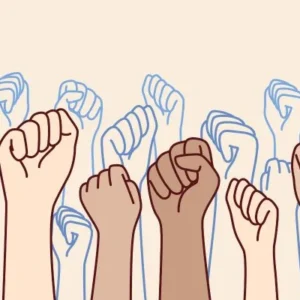On August 25, 2025, Cambodia’s National Assembly passed amendments to the country’s citizenship law that have sparked deep concern among human rights advocates. The revised law grants the government sweeping powers to revoke the citizenship of nationals, naturalized citizens, and dual citizens convicted of treason or “collusion with foreign powers” by courts controlled by the ruling Cambodian People’s Party. Human Rights Watch warned that this measure creates a powerful tool to silence dissent and could leave many Cambodians stateless.
The move follows an earlier push by former Prime Minister and current Senate President Hun Sen, who in June called for revoking the citizenship of those accused of conspiring with foreign nations. In July, the Constitutional Council and the National Assembly approved an amendment to Article 33 of the Constitution, removing the safeguard against depriving citizens of their nationality. The Senate and the king swiftly endorsed the changes, paving the way for the implementing law passed unanimously by the National Assembly in August.
Civil society organizations voiced strong opposition ahead of the vote. A coalition of 50 Cambodian NGOs issued a joint statement cautioning that the law was vague and open to abuse, allowing the government to target people based on their ethnicity, political views, speech, or activism. Interior Minister Sar Sokha insisted that the law applied “only to traitors,” but critics noted that Cambodian authorities have a history of using politically motivated charges of treason or collusion to harass opposition leaders, activists, and journalists.
Human Rights Watch stressed that Cambodia’s new law violates international human rights standards, including Article 15 of the Universal Declaration of Human Rights, which prohibits arbitrary deprivation of nationality. It also breaches Cambodia’s obligations under the International Covenant on Civil and Political Rights and the Convention on the Rights of the Child, both of which protect the right to nationality. The UN Refugee Agency (UNHCR) has repeatedly emphasized that stripping citizenship can create statelessness, leaving individuals without access to education, healthcare, jobs, or freedom of movement.
The risk of statelessness is particularly alarming, as it would strip affected individuals of nearly all their fundamental rights within their own country. Cambodian civil society leaders warned that losing citizenship would mean losing the foundation of every other right, effectively turning people into “prisoners in their own homeland.”
Human Rights Watch called on the international community to raise concerns directly with the Cambodian government, urging it to reverse the amendments. The organization argued that using citizenship revocation as a political weapon undermines democracy, violates human rights commitments, and endangers the security and dignity of Cambodian citizens.







